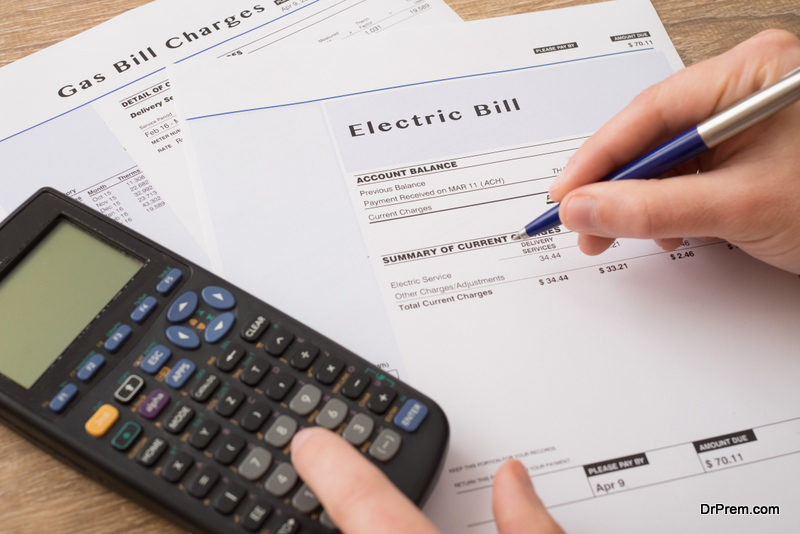Climate change is a hotly debated issue with people taking extremes on both sides. Some say that is a real issue and will cause the world will be destroyed in a few years. They say industrialized countries must make drastic changes to their economies to prevent this from happening. Others say that the weather is always changing and will go through warm and cold periods regardless of what humans do, and that there is virtually no evidence that this will cause devastation.
The politics of climate change is in the news almost every day, and most people have an opinion about the subject, whether you want to hear it or not. Although you may become annoyed with social media rants by self-proclaimed experts, regardless of which side you take, it can have a negative impact on your finances. Here are a few ways this can happen:
Increases in Home Insurance
 Home insurance rates in Canada are rising as a result of climate change, not to mention increasing in other countries as well. Many people point to this as the cause of extreme weather events around the world like hurricanes, tornadoes, droughts, floods, blizzards, and wildfires. Increases in the number of these extreme weather events happening each year are often linked to climate change. Homeowners who live in areas that are prone to these events may have to pay higher premiums to cover losses so that insurance companies do not become insolvent.
Home insurance rates in Canada are rising as a result of climate change, not to mention increasing in other countries as well. Many people point to this as the cause of extreme weather events around the world like hurricanes, tornadoes, droughts, floods, blizzards, and wildfires. Increases in the number of these extreme weather events happening each year are often linked to climate change. Homeowners who live in areas that are prone to these events may have to pay higher premiums to cover losses so that insurance companies do not become insolvent.
Job Loss
Extreme weather events can affect jobs in certain industries. Farming, outdoor recreation, tourism, and other industries that involve outdoor activities can be heavily impacted by extreme weather events. This can lead to job losses if there is a decline in food production or tourism. Most people are employed by small businesses. Unlike Fortune 500 companies, small businesses may not have the financial resources to prepare for the effects of climate change. Jobs and employment prospects among small businesses can be seriously hampered.
Energy
 It is nearly impossible to predict what the prices of gas and electricity will be as a result of climate change. Yet, you can expect these utility costs to rise as summers get hotter and winters get colder. Heat waves may last longer, which will put more stress on electricity grids due to the increase in demand for electricity to power air conditioners. Extreme drops in winter temperatures can increase the need for gas to heat homes and businesses. Higher demand for heating and air conditioning will increase energy costs.
It is nearly impossible to predict what the prices of gas and electricity will be as a result of climate change. Yet, you can expect these utility costs to rise as summers get hotter and winters get colder. Heat waves may last longer, which will put more stress on electricity grids due to the increase in demand for electricity to power air conditioners. Extreme drops in winter temperatures can increase the need for gas to heat homes and businesses. Higher demand for heating and air conditioning will increase energy costs.
Healthcare
Climate change can have a negative impact on your health. Extreme temperatures, especially heat, can lead to an increase smog, airborne particulates, and plant pollen levels. As a result, there can be higher rates of cardiovascular issues and asthma. Severe weather events linked like hurricanes, tornadoes, and blizzards can also lead to an increase in injuries. Managing these risks and providing treatments can increase the cost of health care. These costs can come in the form of higher health insurance premiums, taxes, and health care fees.

